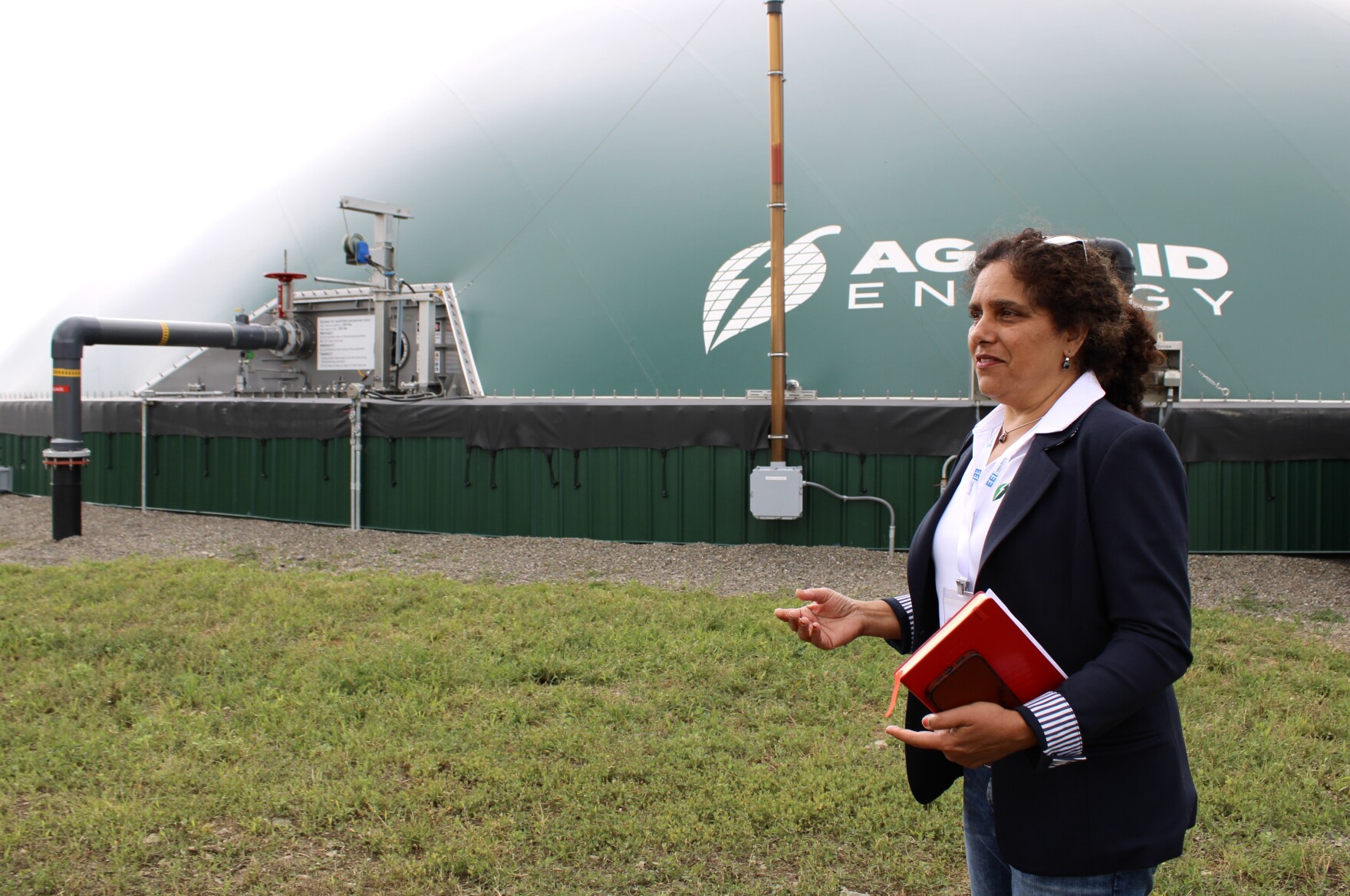By. Jason M. Sheldon.
Projects stemming from the Natural Resources Conservation Academy (NRCA) were recently awarded over $3 million in grants from the National Science Foundation (NSF) and the United States Department of Agriculture (USDA). The funds will be used to initiate two research projects that will expand the scope and reach of the academy’s conservation science initiatives into communities and schools across Connecticut. The NRCA and the new projects are interdisciplinary collaborations and housed within the College’s Department of Natural Resources and the Environment (NRE) and Department of Extension.
NSF’s Advancing Informal STEM Learning (AISL) program recently awarded a nearly $3 million grant entitled: “Promoting Lifelong STEM Learning Through a Focus on Conservation, Geospatial Technology, and Community Engagement” to John Volin, professor and Head of NRE, and colleagues in NRE, Center for Land Use and Research, extension and the Neag School of Education’s Department of Curriculum and Instruction (EDCI). The program seeks to educate adult learners and high school students across the state in the use of geospatial technology in conservation science with an emphasis on applications for land use. Participants will be familiarized with geospatial technologies such as geographic information systems (GIS), Global Positioning Systems (GPS) and remote sensing (images captured by satellites or aircraft) and taught how these tools can be used to support conservation practices and community planning. The AISL program advances the development and implementation of opportunities that bring STEM learning into informal environments to promote education, research and engagement with the public.


